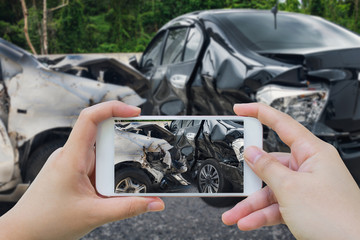Cold temperatures and icy conditions keep most of us inside for the majority of the winter season. Staying away from slippery and freezing hazards is a wise move, but there is an increased risk of accidents indoors during the winter months. To keep you safe and sound this season, consider a few of these common hazards.
Carbon Monoxide
Keeping your home closed up for the winter keeps your thermostat in check. However, that lack of ventilation from open windows can lead to a more serious concern – carbon monoxide poisoning. This odorless and invisible gas is deadly, and without a functioning detector, your family can fall asleep and never wake up.
To keep your home safe from any carbon monoxide leaks, be sure to check the battery in your carbon monoxide detector. Then, perform a test (via the detector’s test button) to double check that it is functioning. If you have any concerns, replace your detector immediately. Most importantly, if your detector sounds, get out of your home quickly and call the fire department.
House Fires
The winter season is a wonderful time to review your family’s fire safety plan. Not only can you take time to double check your home’s fire detector, you can also review how to get out of your home in case of fire and where to meet up outside. Reinforce to your kids that hiding from a fire is never safe, and to feel the inside of a door before opening it up.
Burns
Finally, National Burn Awareness Week is housed in February. Many burn accidents take place at home and can be especially dangerous if not treated properly. For minor burns that turn the skin a pink color, treat by soaking the area in cool water. Burns that cause blisters should be treated extra carefully so as to not burst the blisters. Wrap the affected area lightly in gauze and use antibiotic ointment to prevent infection. Any burn that is more serious should be treated in the emergency room.
If you have been in an accident at home and are seeking the advocacy of a lawyer, give us a call. The team at O’Brien Law has decades of experience guiding patients through the difficult time following an accident or injury.


